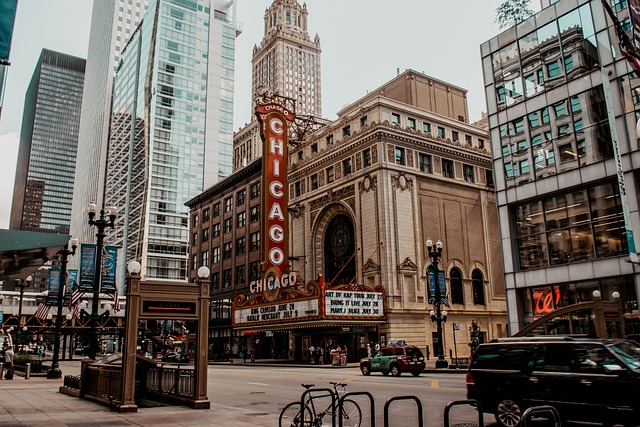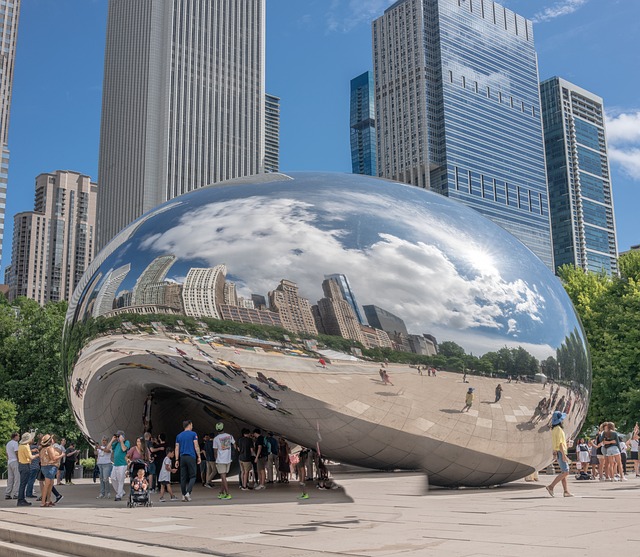Chicago's real estate market offers unique prospects for investors tackling fire-damaged properties, presenting both hurdles and benefits. Homeowners must navigate complex sales involving structural repairs, insurance, and emotional attachment. However, savvy investors can profit by understanding local trends, managing renovation tasks, and meeting Chicago's high housing demand. This approach not only secures cost-effective acquisitions but also aids the city's architectural revival. Key focus: sell house after a fire Chicago.
Chicago’s vibrant real estate market presents unique opportunities, especially post-fire. This article explores the strategies and considerations for investors brave enough to transform fire-damaged properties into profitable ventures. We dive into understanding Chicago’s specific market dynamics, introducing key players—local investors with diverse approaches—and their tactics for success. From legal and financial due diligence to community engagement, we uncover the path to thriving in this niche sector. Discover case studies, common challenges, and insights on navigating Chicago’s post-fire real estate landscape for savvy investors aiming to flip fire-damaged homes.
Understanding Chicago's Real Estate Market for Fire-Damaged Properties

Chicago’s real estate market, known for its vibrancy and diversity, presents unique opportunities—and challenges—for investors when it comes to fire-damaged properties. After a fire, homeowners often find themselves facing the difficult task of selling their house after a fire in Chicago. This process requires careful consideration due to potential structural issues, insurance claims, and the emotional weight attached to such losses. However, for real estate investors, these properties can offer attractive deals and potential for significant returns.
Understanding the local market dynamics is crucial. While repairs and renovations are necessary, Chicago’s strong housing demand and rebuilding culture mean that fire-damaged homes can find eager buyers. Investors who navigate this niche segment effectively, addressing both practical concerns and emotional buyer considerations, can capitalize on opportunities to acquire properties at reduced prices and contribute to the city’s architectural renewal.
Chicago’s real estate market, particularly regarding fire-damaged properties, presents both opportunities and challenges. Understanding the local dynamics is crucial for investors looking to buy or sell houses after a fire in Chicago. By staying informed about market trends, assessing property values accurately, and providing compassionate support to homeowners, investors can navigate this unique segment effectively. Remember that, in this ever-changing landscape, those who adapt quickly will find the most success when it comes to selling house after a fire Chicago.






